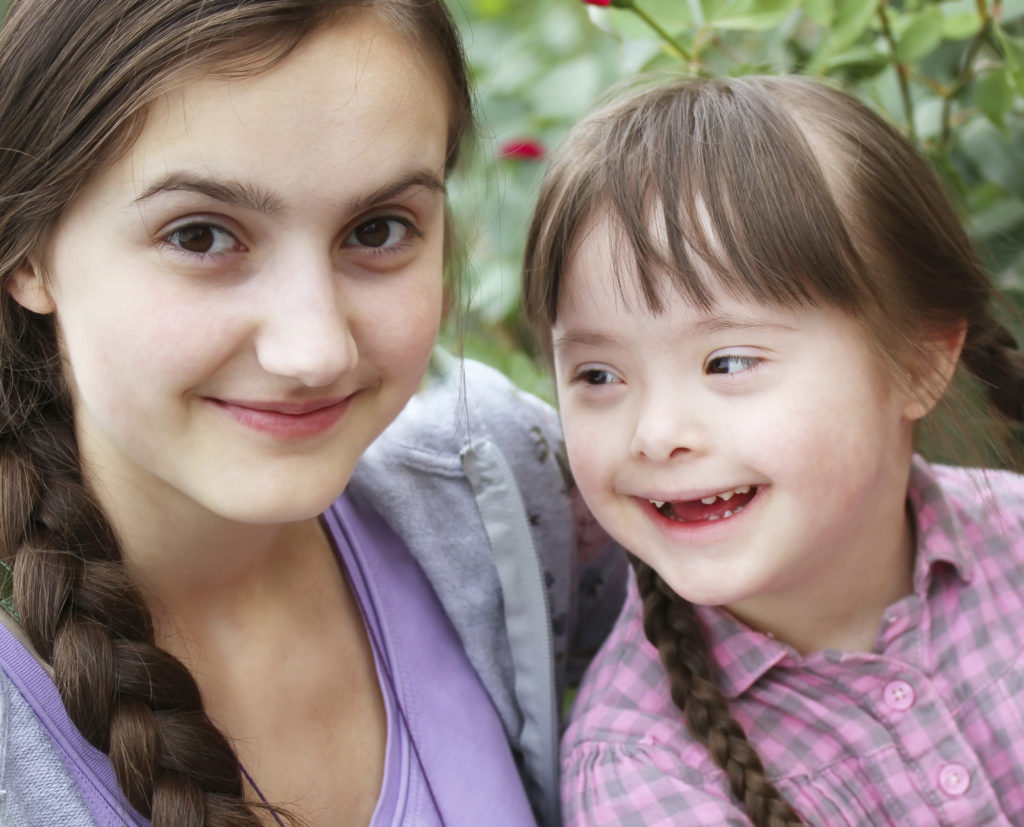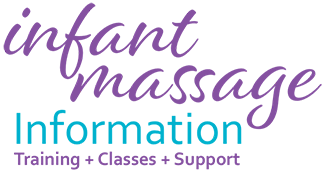Infant Massage for a child with special needs is different than therapy – it is an opportunity for a child to get one-to-one time with their parent or family member where the primary goal is simply to enjoy each other and be together.
Infant massage can be very helpful for the parent and child that have been separated from each other, perhaps due to hospitalization or treatments. A parent may find that massage increases their parental confidence which has been shaken by dealing with health and care situations they are unfamiliar with. Babies that are hospitalized or receive treatment that is uncomfortable may develop an over-sensitivity to touch. Use of sensitively-applied touch and massage can balance out those harsh experiences with loving ones that help touch be a joy to them, rather than something to be feared.
There are many therapeutic benefits to being massaged every day by their parent. Massage may deepen respiration, improve blood and lymphatic circulation, improve digestion, increase daily weight gain, enhance body awareness, and improve self-regulation. But these are the “frosting on the cake” because a deep sense of connection and understanding between parent and baby are the real goals of our work.

We spend a good portion of the third day of our trainings talking about special needs and how we can help parents understand and respond to their babies’ unique needs. If you have a background in special needs, this will give you information you need, as a Certified Infant Massage Educator, to work with families.
Find out more about Infant Massage Certification Training.
“As a parent of a 24 year old son with Down syndrome who had infantile spasms (bad seizure disorder) as a baby, I can attest to how infant massage helped to engage him and enliven him while he was “zonked out” on heavy seizure meds (depakene and klonipin). They also made him blow up like a balloon and lose his hair. It was awful. However, with infant massage and brushing techniques that we incorporated as part of his daily regimen, it helped to enliven him so that he could continue to cognitively learn and develop throughout this difficult period. It also helped me to counter the negative experience of having to inject him in his little chubby thighs with seizure meds throughout the day. He fortunately overcame the seizure disorder and went on to do just fine. I’m a first-hand believer!” – Agency Director of Family Support

